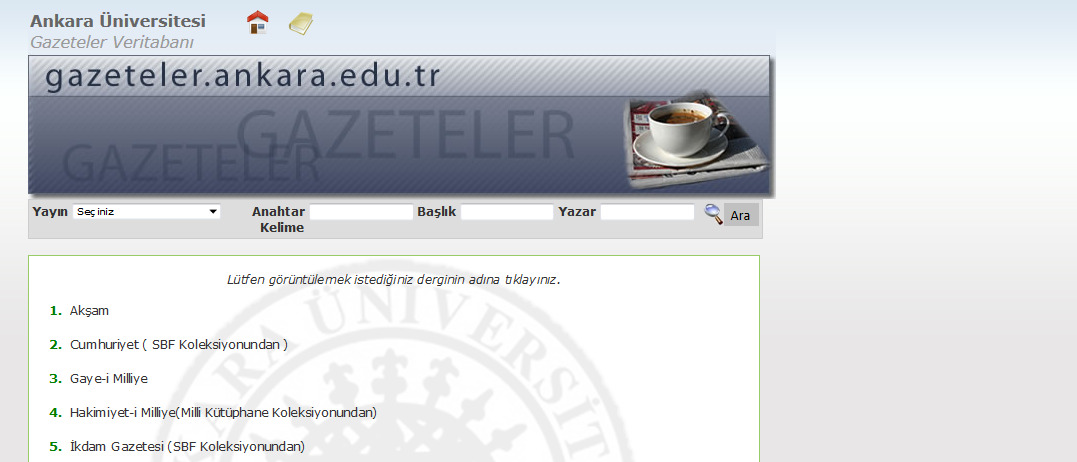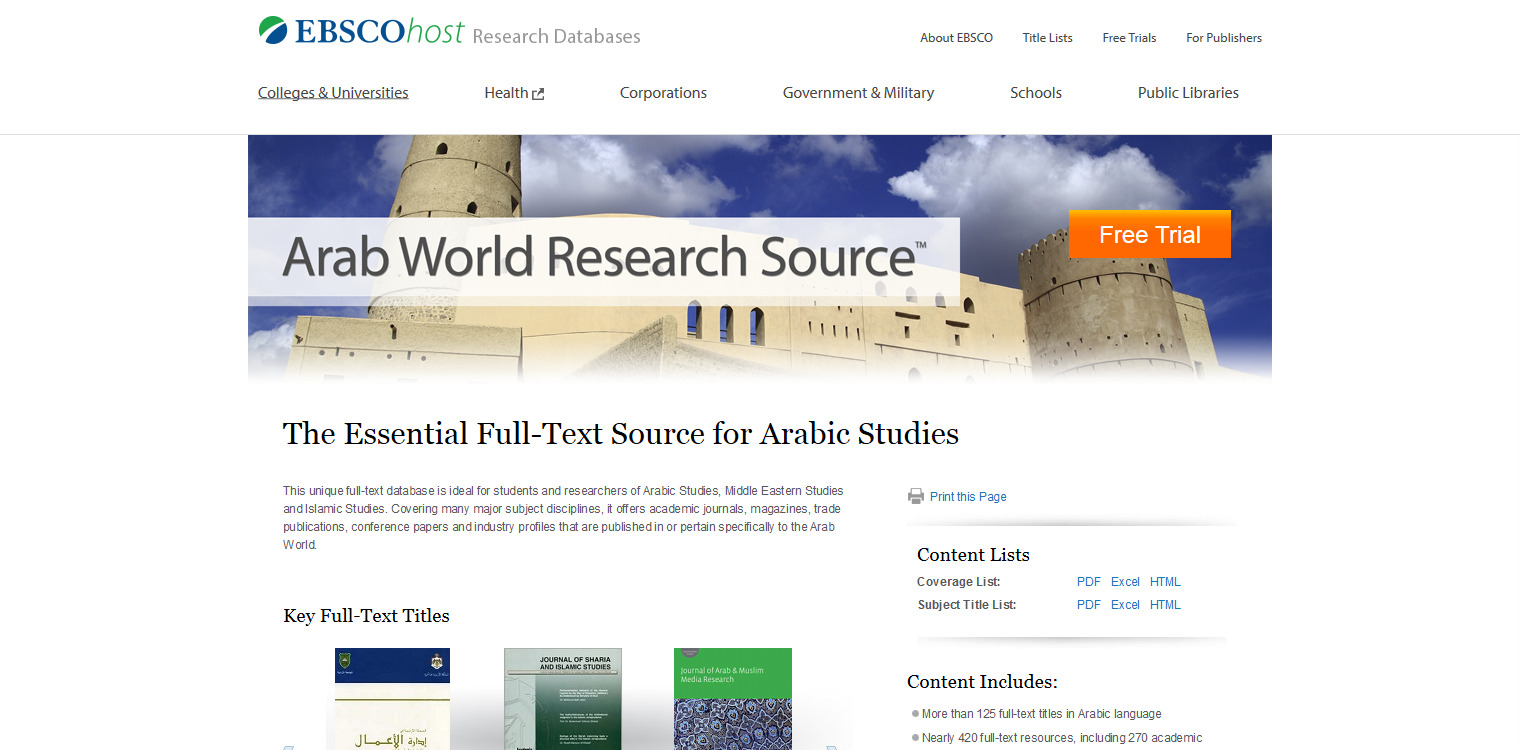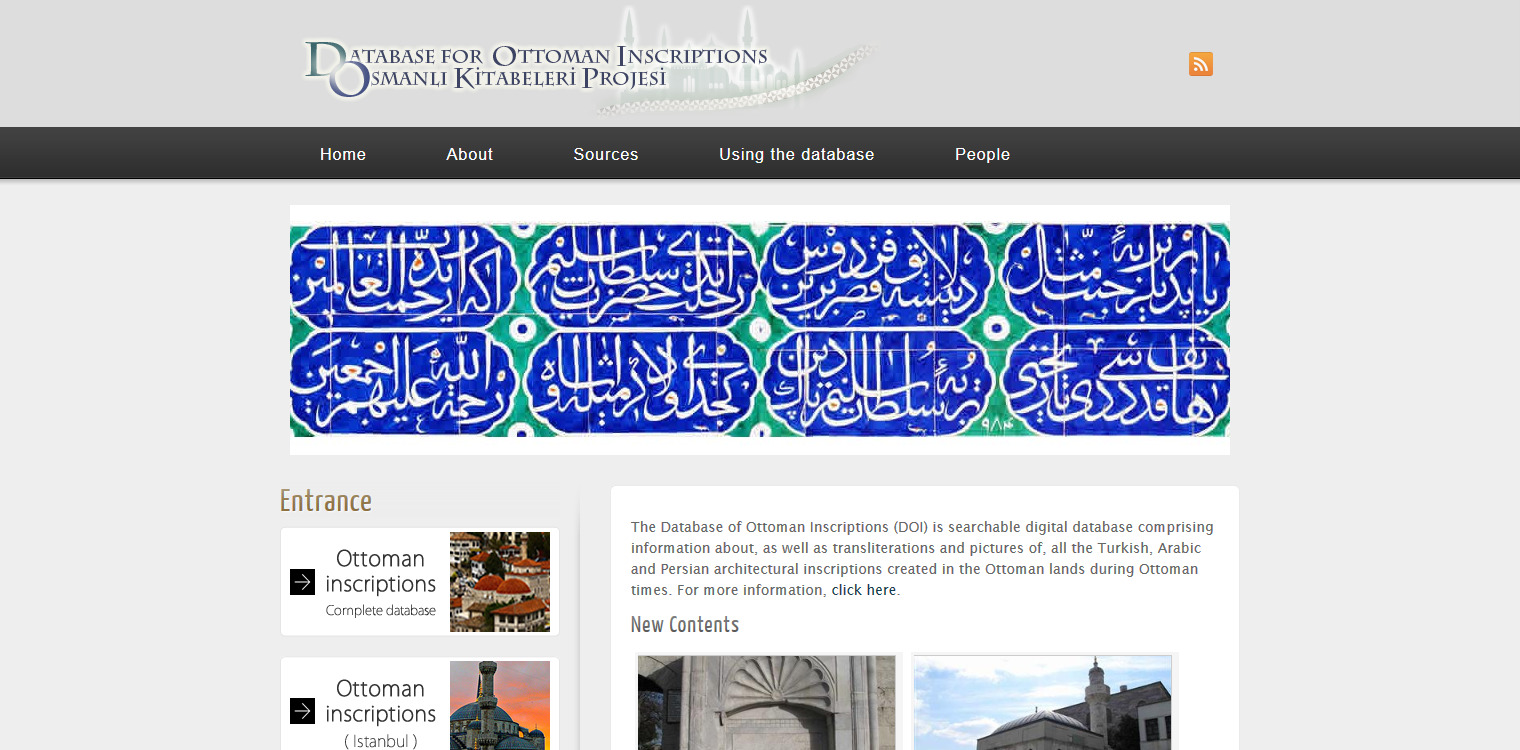 The Database for Ottoman Inscriptions (DOI) is “a searchable digital database comprising information about, as well as transliterations and pictures of, all the Turkish, Arabic and Persian architectural inscriptions created in the Ottoman lands during Ottoman times. While tombstone inscriptions are not included in this database, the database does incorporate those inscription texts which were composed but for one reason or another were not actually carved onto a stone; and also, inscriptions that have not survived the passage of time, but which are available to us in the “chronogram” sections of poetry collections. Incorporating these chronograms will give researchers the opportunity to evaluate inscriptions which were otherwise long lost.
The Database for Ottoman Inscriptions (DOI) is “a searchable digital database comprising information about, as well as transliterations and pictures of, all the Turkish, Arabic and Persian architectural inscriptions created in the Ottoman lands during Ottoman times. While tombstone inscriptions are not included in this database, the database does incorporate those inscription texts which were composed but for one reason or another were not actually carved onto a stone; and also, inscriptions that have not survived the passage of time, but which are available to us in the “chronogram” sections of poetry collections. Incorporating these chronograms will give researchers the opportunity to evaluate inscriptions which were otherwise long lost.
One of the main impetuses for this project was that we ourselves sadly witnessed the disappearance of many Ottoman inscriptions over the short period of a few decades in Turkey or elsewhere. The fact that a number of inscriptions were damaged, lost or stolen was highly alarming and encouraged us to undertake this immense project. Many colleagues warned us about the enormity of the material to be covered. However, the project editors believe that even if this project is not able to immediately achieve the goal of covering every single inscription, a database of Ottoman inscriptions is long due.
The starting point of the project is the systematic recording of the inscriptions of Istanbul. Bursa and Edirne. Still, since the editors have decided to begin by entering previously published data into the database, researchers may encounter entries on inscriptions from cities other than Istanbul as well. For our methodology in collecting the inscriptions, click here.
The Database of Ottoman Inscriptions (DOI) is searchable by the benefactor’s name, the location of the building containing the inscription, and the date of construction, as well the types of script or poem. As such, the database represents an enormous resource for researchers who are conducting studies in the fields of Ottoman history, art history, philology, prosopography, etc. The editors hope that this data will bring new and fresh approaches to the aforementioned fields. To read the instructions on how to use the database, please click here.”
H. Aynur, K. Hayashi, H. Karateke (eds.), http://www.ottomaninscriptions.com/; accessed on 03.01.2017.
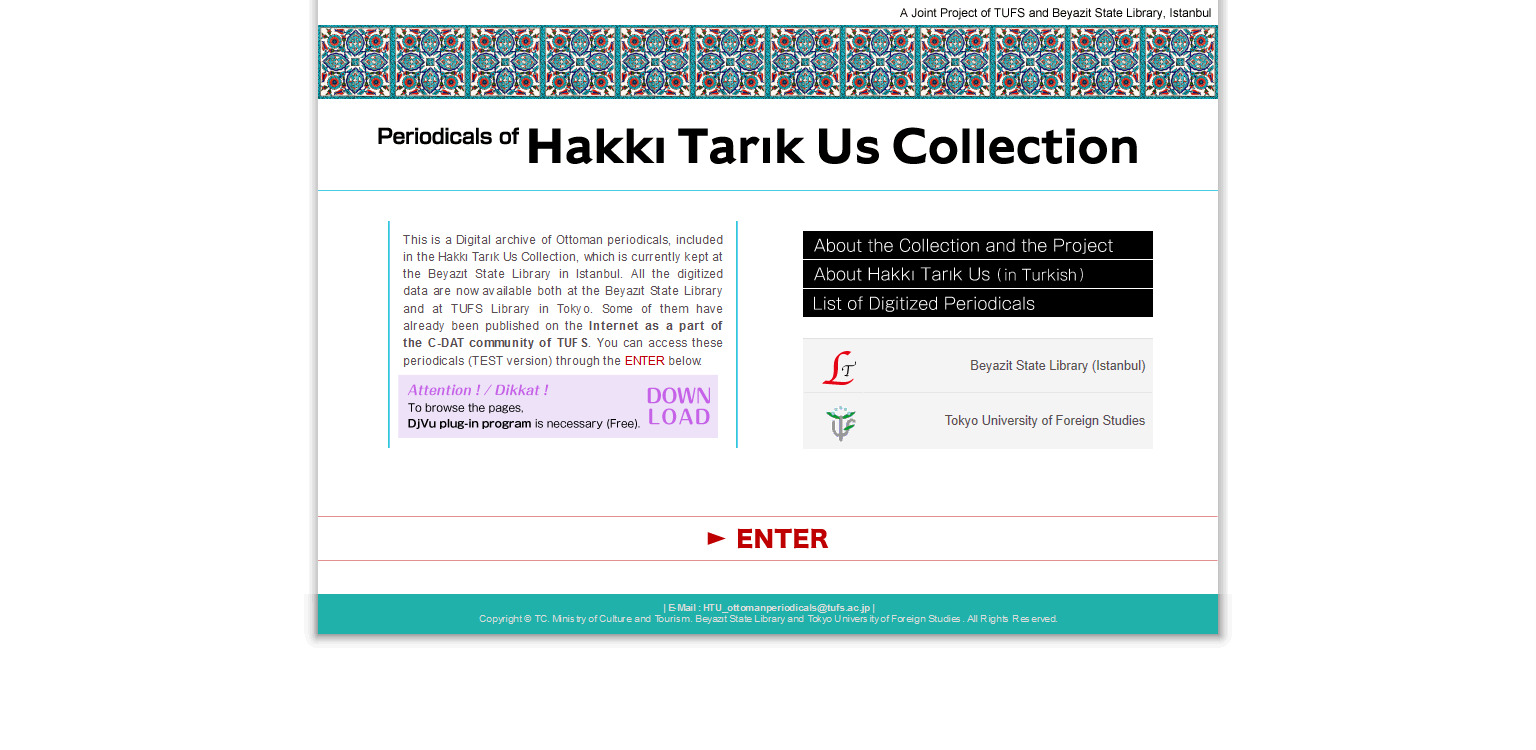



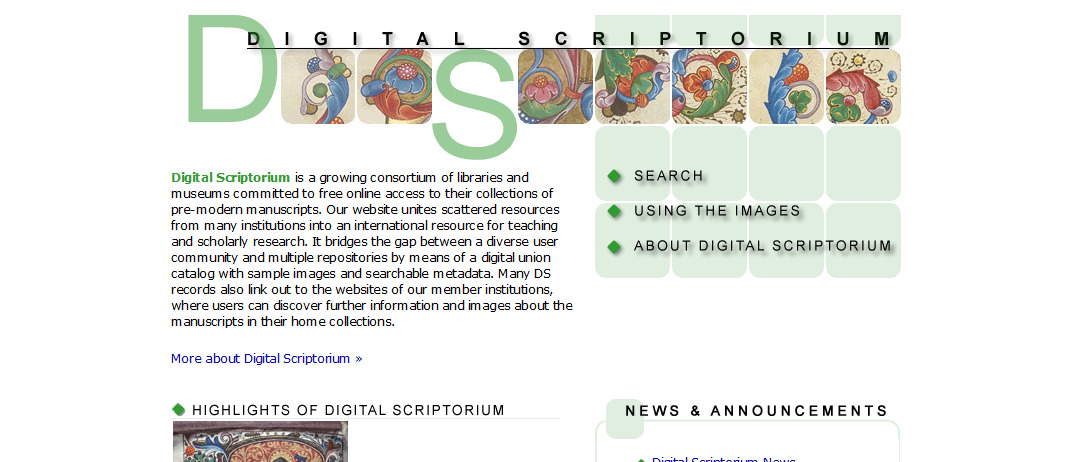

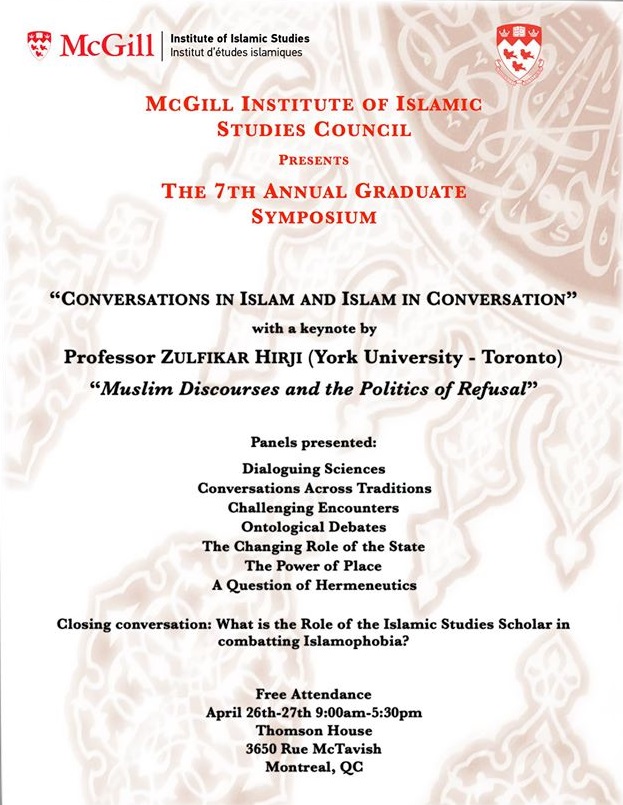
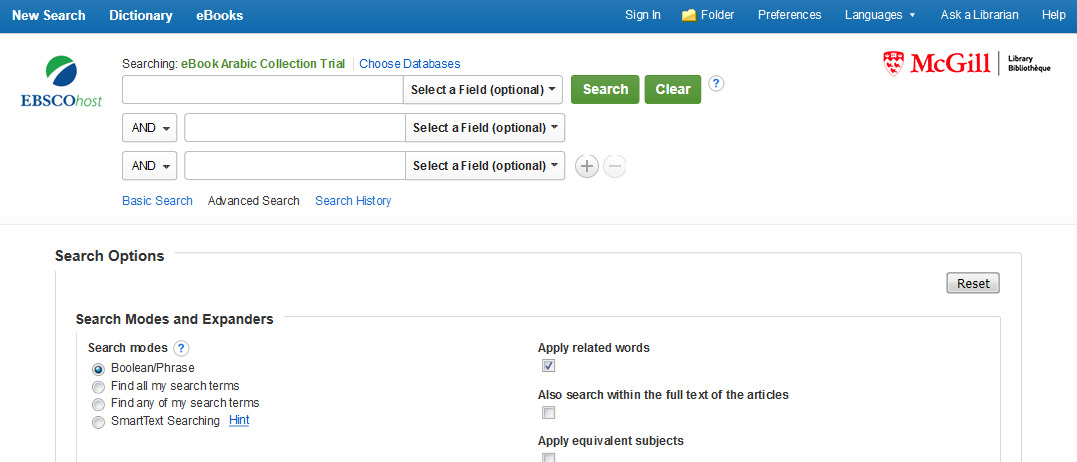
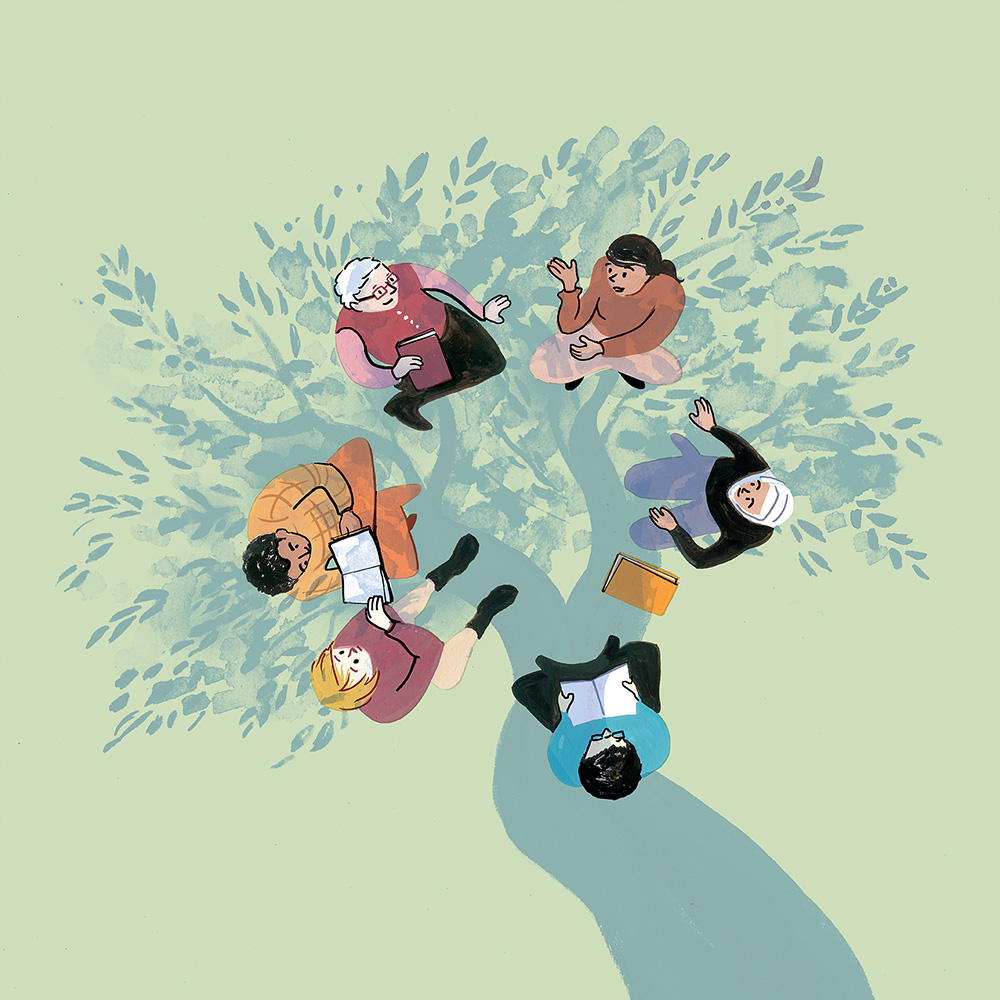 La Bibliothèque d’Études Islamiques de McGill est heureuse de co-organiser un événement
La Bibliothèque d’Études Islamiques de McGill est heureuse de co-organiser un événement 